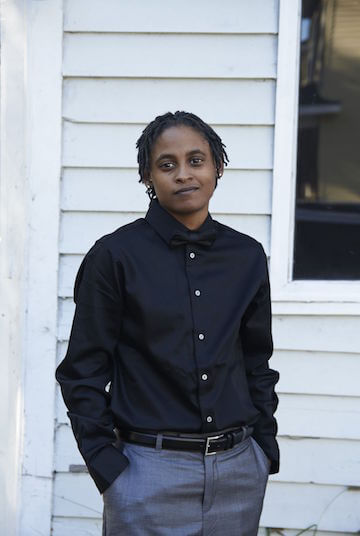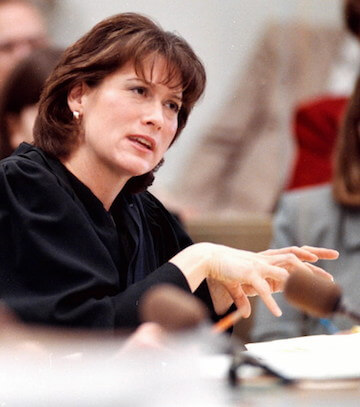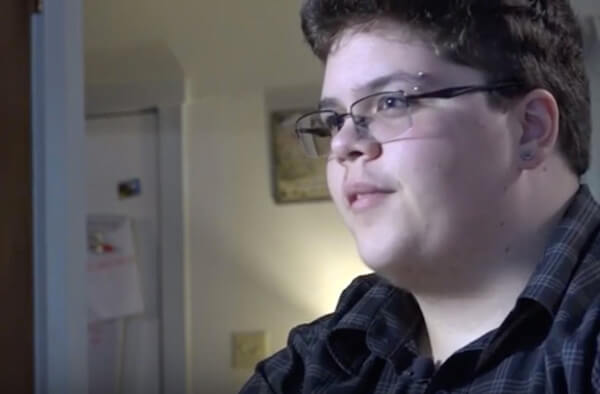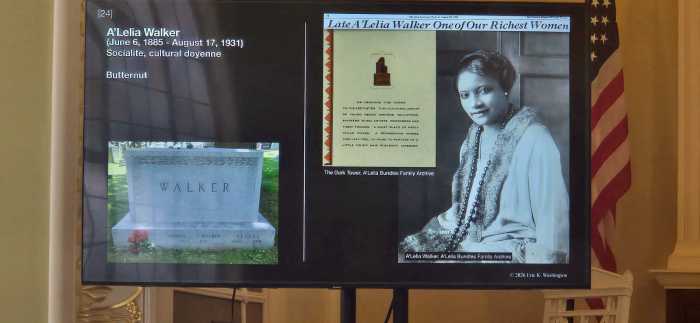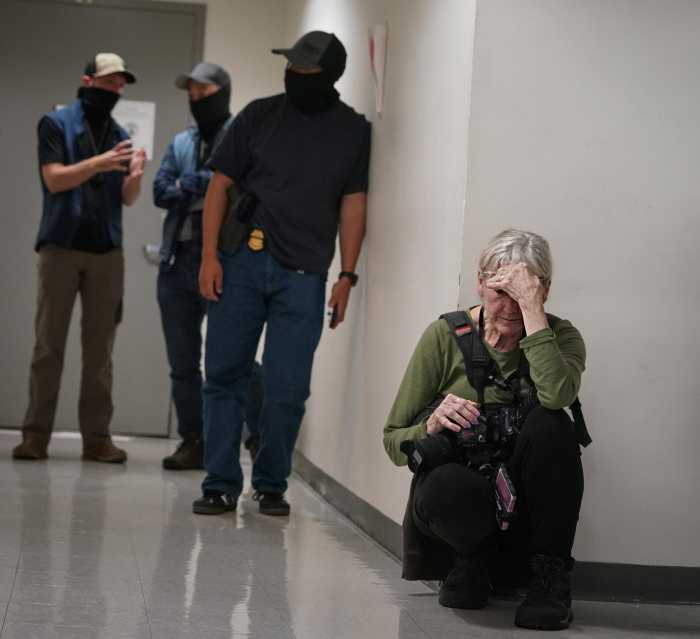New York state legislators passed a major reform of the birth certificate statute last year to make it easier for transgender people to get new birth certificates correctly identifying their gender. The law, which went into effect on December 21, allows individuals to get a new birth certificate reflecting their new legal name (if any) and the gender with which they identify by presenting an application to the state court where they live with an affidavit (a written statement witnessed by a Notary) declaring their gender. But there is a problem: What if the person applying to a New York court to get a new birth certificate was not born in New York?
Facing this question in Clinton County, the northeastern-most county in the state bordering on Vermont, State Supreme Court Justice Timothy J. Lawliss ruled on May 2 that the court lacked jurisdiction to order a new birth certificate for a transgender person who was born in Vermont, because Vermont law provides a different method for getting a new birth certificate.
The petitioner, named “Mary” for purposes of this case, was born in Vermont. Mary’s birth certificate identifies her as male. Mary, who lives in New York and identifies as female, applied to the court in Plattsburgh for an order changing her name and sex designation, and specifically seeking that her sex designation be changed on her birth certificate and her social security card.
Justice Lawliss had no problem granting the legal name change, and found that under the new state law, Mary’s affidavit swearing that she is a woman gave the court a basis for ordering a change of identity as she requested and so informing the Social Security Administration, which will issue new Social Security cards in response to a court order.
But ordering a new birth certificate for Mary presents constitutional difficulties, wrote the judge.
“One of the primary purposes for the promulgation of [the new law] was to provide a procedure to obtain a court order changing the sex designation on vital records for New York residents who were born in states that require a court order to change sex designations on identity documents,” wrote Justice Lawliss. But under Vermont law, the procedure for getting a new birth certificate requires applying to the State Registrar with “sufficient evidence to determine that an individual’s sex reassignment has been completed.”
In other words, a simple affidavit by the applicant is not enough. As used to be the case in New York, medical evidence of physical change is necessary. The Vermont statute provides that a denial by the State Registrar can be appealed to the Probate Division of the Superior Court, but Mary, as of now, cannot rely on a New York court order based solely on her own affidavit in order to get a new Vermont birth certificate designating her as female.
Because of these differences, wrote the judge, “the Court holds that Civil Rights Law Section 67(2), as applied to Petitioner’s request to modify a Vermont birth certificate, is unconstitutional.” Summarizing various court opinions, he wrote that “it has been held that the Constitution does not ‘permit one state to project its regulatory regime into the jurisdiction of another state.” Justice Lawliss concluded that he lacks the authority to order Vermont to issue Mary a new birth certificate.
He pointed to the Full Faith and Credit Clause of the U.S. Constitution, under which he must extend “full faith and credit” to Vermont’s regulatory scheme for birth certificates when dealing with a petitioner who was born in Vermont. “This Court lacks jurisdiction to order a Vermont executive agency to take an action where the Vermont statute at issue does not explicitly permit action upon such a directive from a court. Were this Court to order Vermont’s State Registrar to amend or issue a new birth certificate…, the Court would run afoul of the Full Faith and Credit Clause.” To that extent, the New York statute is unconstitutional.
If Mary can wait a few more months, however, she may have a simple solution to this problem. Earlier this year, Vermont enacted a law that goes into effect on July 1, 2022, under which transgender people can seek new birth certificates based on an affidavit, dropping the current requirement for medical evidence of transition. Mary can apply to the Vermont State Registrar beginning on July 1 with the same sort of affidavit she would be presenting to a New York court and obtain her new birth certificate.
Although Mary applied to Justice Lawliss without using a lawyer, there are Vermont-based organizations that can assist in applying for a new birth certificate there.



